What’s the difference between an institutional and intentional racism?
Institutional racism is oftentimes reflected in organizational relationships (say workplace, educational system, housing, zoning, etc.) while intentional racism can be observed in both institutional and personal interactions. In courts, it is much harder to prove intentional racism unless it is overtly manifested in actions and decision-making.
From your perspective, what is the American dream?
American dream is an economic notion of life fulfillment measured by the acquisition of a “middle-class lifestyle,” that is living a good life provided by material security (such as houses, cars, savings, etc.). It is fueled (and misled) by the commonsense knowledge that in the US , hard work and perseverance is all what it takes to be economically successful. This is not true as there are social structures, which are beyond the control of individuals, that hinder them to achieve what the more dominant and moneyed families have already achieved, historically speaking. The middle class in the US remains a myth especially now as the US economy slides down.
When you go back to UPLB as a faculty member, what social issues are you thinking of pursuing as topics for research?
Definitely issues where I can apply the environmental justice framework, which is my dissertation topic, or issues that relate to the larger quest for a Filipino identity.
What is the Filipino identity aside from our usual behavioral quirks? What can you say about the term “Pinoy kasi eh” which has a derogatory connotation to it?
I am still in the process of forming my own thesis on Filipino identity. Well, identity itself is an academic terminology and so I want to see it from the more practical everyday definitions – which I think matters most. I do not think that the phrase, “Pinoy kasi eh” is derogatory in itself. I think the meaning of the term depends on the motive of the one using it in the first place, right? If you say something about Filipinos to point out how eclectic our culture is, I do not see anything wrong about the phrase (“Pinoy kasi eh, so what?” o “Pinoy na Pinoy”). I find it problematic though when I hear Filipinos using such term to point out how backwards our thinking is. And it makes my blood boils up when I encounter Filipinos (especially those who have been abroad or those who want to be anywhere but Philippines ) who would exalt other cultures (especially American culture) as better than the Philippines . Being in the deep South, I would say that Filipinos and Americans are just the same (parehong mahilig sa tsismis, ayaw na napagsasabihan at di makapagsabi ng diretso, mapanlait sa kapwa lalo na ng mga katutubo o di mapuputi, etc.). They only have more money to cover up for their mistakes. But the same social dynamics at varying degrees prevail in these countries. The huge difference is that about 60% of the Filipinos want other identities excluding and apart from that of being Filipino.
You mentioned that you followed the footsteps of Tonton? Would you care to elaborate?
Well, he is one of my mentors. He is also one, if not the first, of those who were able to cross over academic boundaries. He opened a door for me in forestry, and when he changed his academic field to Political Science, I became more engaged in the social sciences.
You highlighted in your piece in the 45th Varrons Anniversary Souvenir program that one of the accomplishments of the Varrons in the 90s was “Theatrical Superiority.” It appears that you have some artistic inclination considering your stint as the “unofficial” artistic director of the organization. Did it cross your mind to pursue a career in the arts rather than in forestry and/or social science? If given a good opportunity, would you rather do the arts?
I know from the start that I am no celebrity material so I never dream of being in the limelight. I am most comfortable in backstage roles like being a director or production manager, etc. Such artistic inclination really runs in the family; yet we consider arts, especially theatrical arts only as a pastime – something that you do when you are stressed out or when you want to release some artistic juices that are building up in your head. My brother, Rudyard, and I were trained at an early age to be theater artists. We got our formal training from the Philippine Educational Theater Association (PETA) members who came to visit our high school every summer. In college, we both became members of the Teatro Umalohokan where we had the opportunity to work with professional artists and directors. If given the opportunity and financial capabilities, I would want to form my own theater company and train the underprivileged children.[/fusion_builder_column][/fusion_builder_row][/fusion_builder_container]
Last Updated on October 12, 2016 by Tudla_Admin


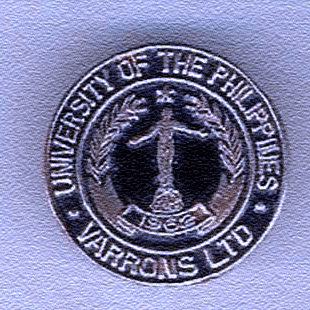



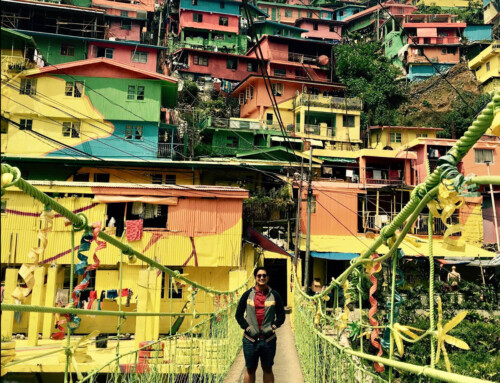



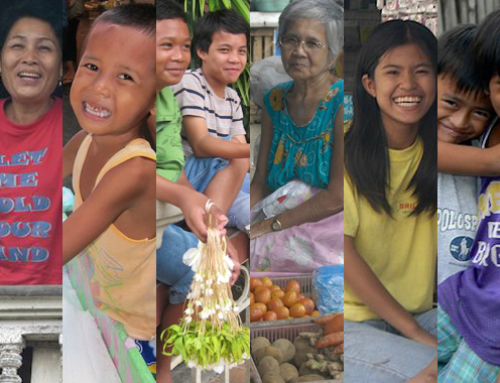
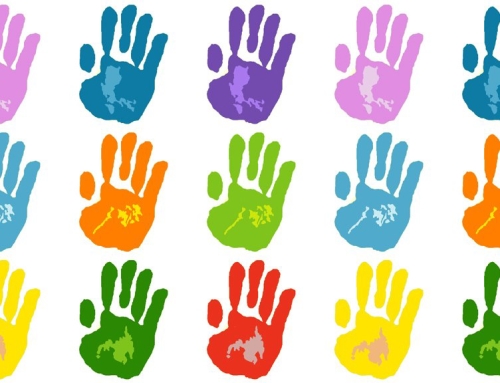

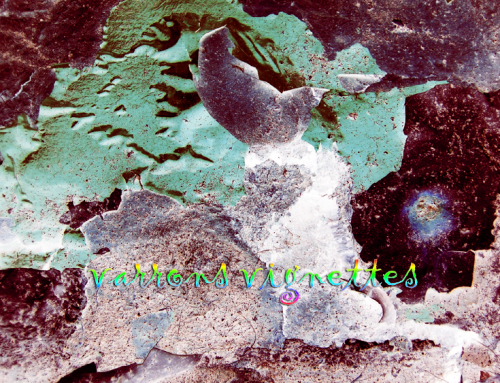
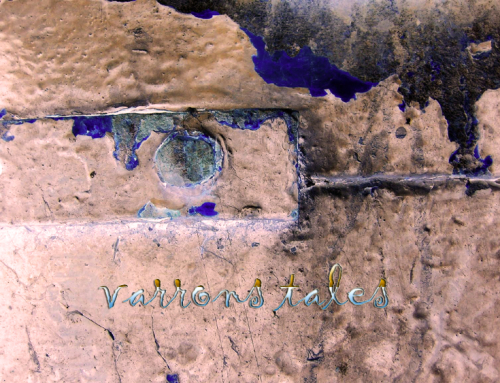
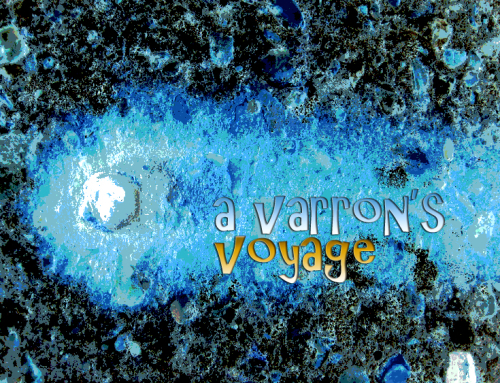
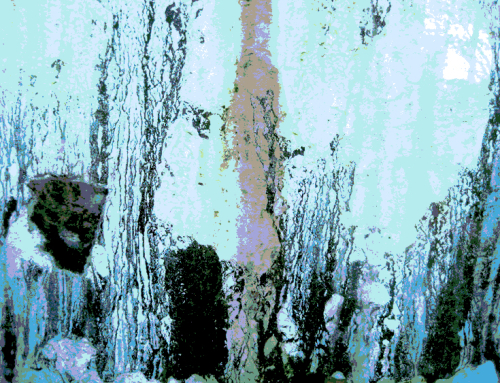
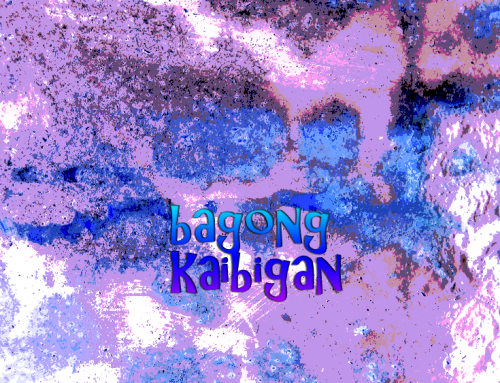
[…] Larissa “Dap” Pesimo-Gata (BWNN II ‘90). Dap got her BSF degree from UP Los Banos in 1994. She is currently on leave from her faculty position at the College of Forestry and is completing her doctoral degree in social sciences at the University of Florida. For more information about Dap, please visit the Interview page. […]